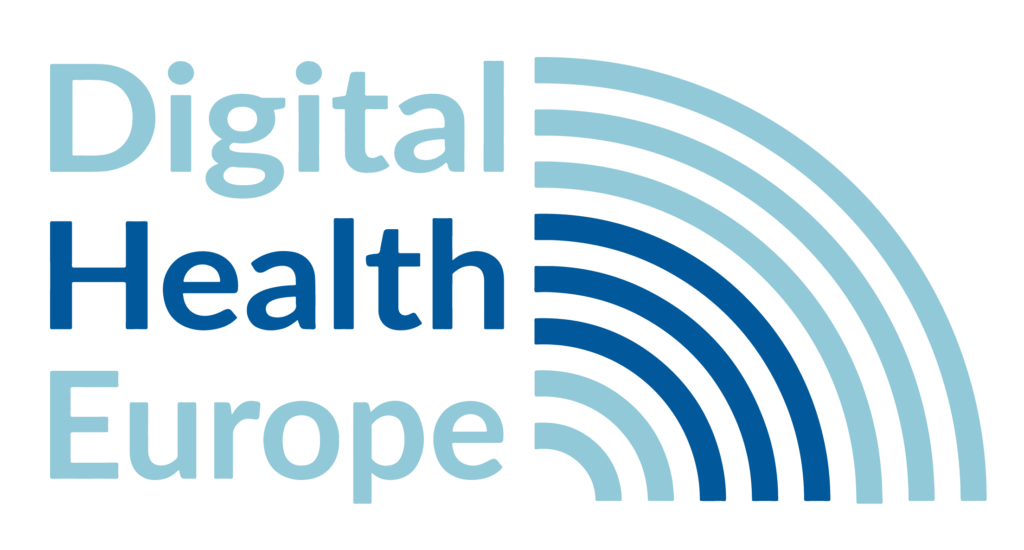The practice aims to validate the clinical efficacy of a telemedicine- and web-based system platform for self-monitoring of blood glucose (SMBG) data transmission and analysis of metabolic control, assessed by measuring changes inHbA1c, in insulin-treated diabetic patients. The system platform involves (i.) systematic (real-time and anywhere) transmission of SMBG data to a decision supported software (DSS)-assisted server, (ii.) web-based analysis of data, and (iii.) feedback on patients and medical staff to implement metabolic control. Additional aims include assessments of patients’ adherence to perform SMBG, analysis of the specific and overall quality of glucose control, identification of situations predictive of hypoglycemic and/or hyperglycemic episodes, and detection of episodes of hypoglycemia and sustained hyperglycemia.
It is to be expected that use of the telemedicine- and web-bases system platform will result in improved metabolic control as compared with standard of care, as shown by a greater decrease in HbA1c from baseline. In addition, it will potentially result in better quality of glucose monitoring and control (e.g., appropriateness of SMBG testing, glucose excursions, indexes of glucose variability) and frequency and severity of hypoglycemic episodes. Also, quality of life should be improved in the telemedicine group. Thus, patients and physicians will be provided with a tool that allows to verify the appropriateness of SMBG in relation to the diabetes status, and this will be also relevant to “payers” (false glucose reporting and data collection will be avoided, patient/physician interaction will be optimized while limiting the number of medical visits).
